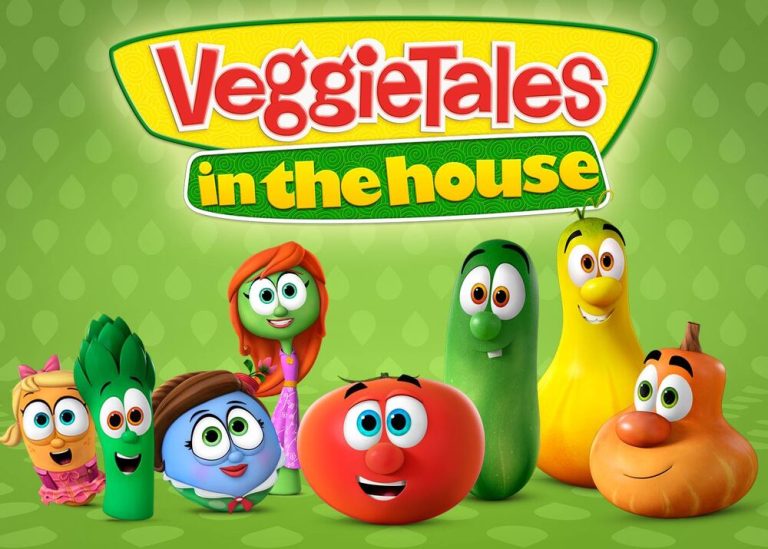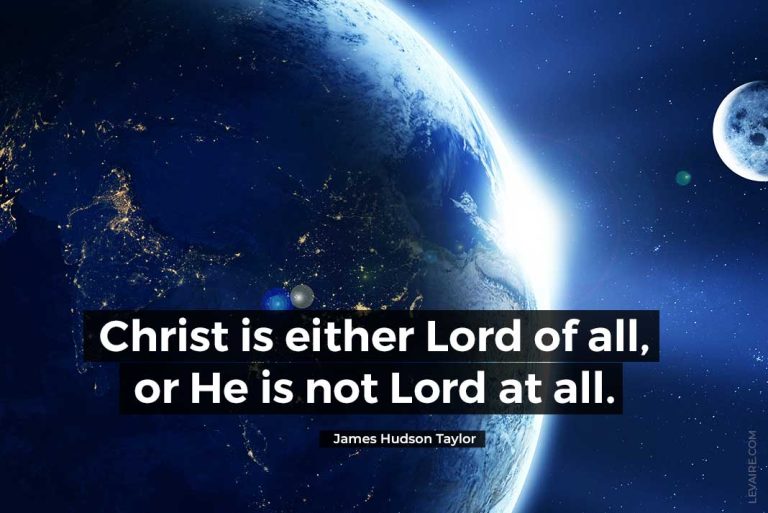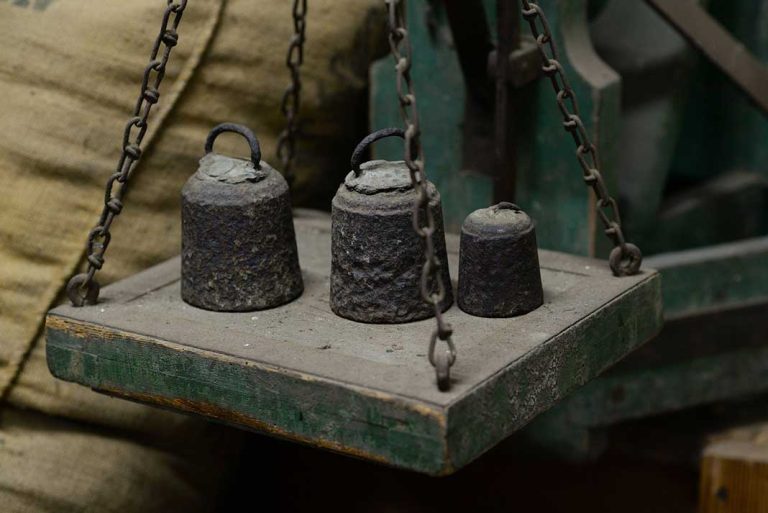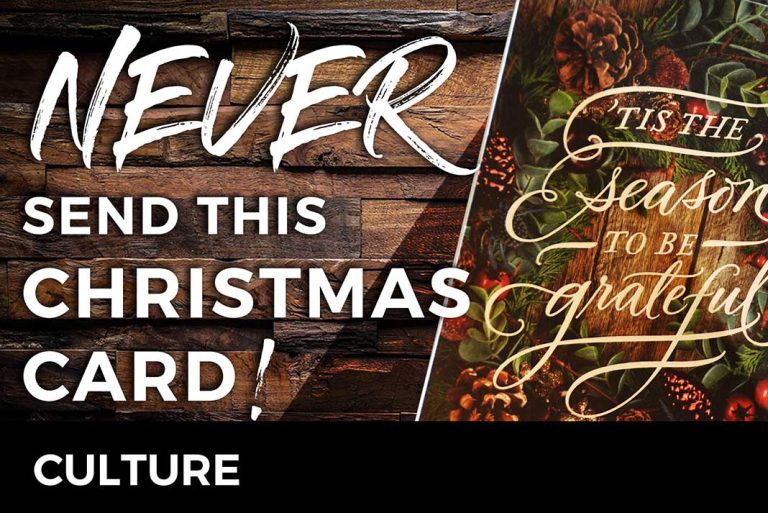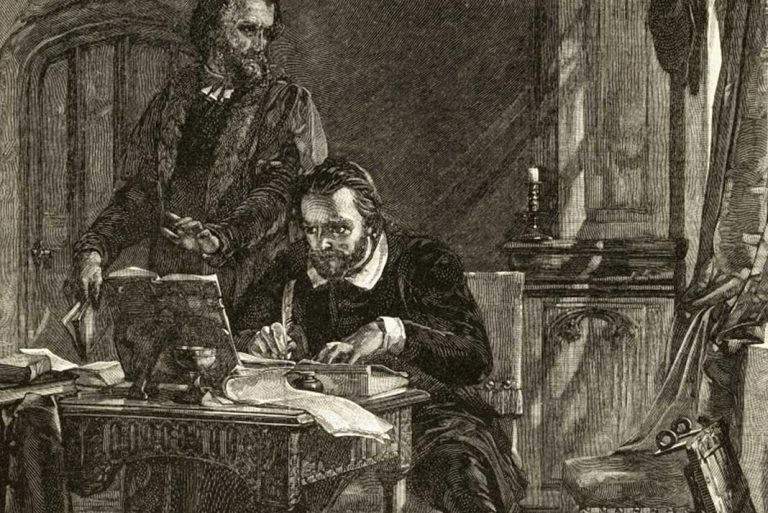So we all know the famous VeggieTales, right? “If you like to talk to tomatoes…” and all that. Well, in their more recent videos (VeggieTales in the house/city), we’ve noticed some weird details we thought we should tell you about. By the way, this is nothing against VeggieTales (we watch it all the time); these are just some things we’ve found.
The Characters Aren’t Actually Vegetables
First up, we have the fact that most of the characters aren’t vegetables. Bob and Larry are actually both fruits and most of all the other characters aren’t vegetables either. Especially Bacon Bill. Bacon Bill is a big strip of bacon that comes in on the episode: “Bacon and Ice Cream”. And as the name says, he’s made of bacon.
Bacon Bill’s Life Story
Now that we brought him up, we might as well continue talking about Bacon Bill. In the episode “Bringing Home the Bacon”, Bacon Bill moves to a new house. Well, we noticed something on his wall that tells his backstory. He has a picture of a pig on the wall next to a picture of a frying pan, next to a couple of pictures of his relatives. So now we all know how Bacon Bill became, well, bacon.
So this one isn’t exactly real, but we like to think it is, just for fun. In some episodes, the screen will zoom out to show the outside of the house. But to the right, there is another red house. We decided, maybe if the big yellow one has all the fruits and vegetables, the red house is where all the meat live. It did say Bacon Bill moved to the yellow house after all. Maybe he was originally in the meat house! Of course, it’s just an idea, so we can’t prove anything. It’s just a fun theory. :)
About That Lawn
If you’ve watched the series, you know where the saying, “Get off my lawn!!!” comes from. But have you ever wondered why random people decide to go on some random zucchini’s lawn? I mean there’s a house in front of it, and it’s clearly fenced in, but random people will go on in and do the most random things! Isn’t it private property?
Vegetable Cannibalism
This one has happened several times throughout both series because you don’t really need to look closely for this one. These vegetables, they eat vegetables. If you look at the contents of the things they eat, tomatoes and lettuce are often found in their food. Sometimes we even find them eating meat! It’s weird for food to be eating food, but then what are they supposed to eat?
Invisible Frog Legs?
Ok, this one can get really weird when you think about it too much because it’s probably one of the ones that make the least sense. Whenever any of the vegetables go on bike rides, the pedals always turn. This is proof that they do have invisible legs. So if they have these invisible legs, why don’t they use them? If they have legs then how come they always bounce instead of looking like they’re floating? Do they hop around like frogs? Sure it would look weird, but not using their legs is pretty weird too.
Disturbing Decorations
If you look around the veggie world, you’ll notice a lot of things are shaped like vegetables. The bike wheels and handles, pillows, and even Laura Carrot’s house! You might be thinking, “What’s wrong with that?” and the answer is simple. If you convert all those vegetable items to people, it’s kind of disturbing. Especially that one of their most common designs is a cut-open cucumber. Yeah, maybe they need to rethink their decorating…
Not-So-Secret Identities
In the new episodes, LarryBoy is back along with some newer heroes like Junior Jetpack, Night Pony, JimmyBoy, and SuperMato. I think it’s pretty clear who most of them are, seeing that their names are in most of their titles, but if you don’t already know LarryBoy is Larry, Junior Jetpack is Junior, Night Pony is Laura, JimmyBoy is Jimmy, and SuperMato is Bob. Why do all these heroes put their real names in their superhero names? And how have the townspeople not have figured it out yet? All of their costumes show most of their face, and they don’t do anything to change their voice. Sure the producers probably did that on purpose, but we like to think about what it would be like if it were real life.
Olive Dog Nose Jobs
Ichabeezer the zucchini lives in his sofa mansion with his little pet olive dog, Rooney. Rooney’s nose is the little red part of the olive that gets added in there for extra flavor. So if that part doesn’t originally grow on an olive, how exactly did Rooney get his nose? He would’ve had to have part of his face taken out and then replaced with the reddy-orange part. That just sounds painful! And it’s not just with Rooney. In the episode, “The Puppy”, Ichabeezer finds a puppy on the street and Rooney gets jealous that it’s getting all the attention. However, the olive puppy also has the salty red part for a nose. We’re not the only ones who think that’s weird, right?
Missing Cat Bells
In the episode, “Save the Cherry Cat” Granny goes away while Larry has to take care of her pet cat. And if he does, she’ll bake him cookies. She says that if she ever gets outside, jingle a little red bell. It’s her favorite toy so she’ll come back if she hears it. Larry let out the cat and couldn’t bring her back for the whole day. Eventually, he fell asleep under a tree that the cat was hanging out in, and woke up to find Granny just staring at him in the middle of the night. She said he was so focused on the cookies that he forgot how to bring the cat back. Then she pulled the red bell from behind her back! No wonder Larry couldn’t get the cat; she had the bell the whole time!
Sin to Win
Every episode tells a lesson about God and the commandments you should follow. But in some episodes, they do the wrong thing to solve a problem. For example, in the episode “The Camp Out”, Bob goes on a camping trip alone and doesn’t want to share his s’mores with anyone. Then he gets ambushed by a group of pirates that steal his s’mores. (Why doesn’t he just make more?) Then his friends find him and they help him get his s’mores back by pretending to be pirates and by lying about how they live on an island full of s’mores. They get the s’mores back, but they lied to get them. This isn’t the only episode where this has happened, but this is one of the ones it has been most clear in. Do the producers know about this?
Check It Out
As you can see, there are plenty of strange things in the new VeggieTales series. But again, we still love watching their shows and this isn’t anything against them. It teaches great lessons and morals (usually) and is definitely something you should check out when you get the chance.
At twelve years old (almost 13), Natalia Schoenherr is an aspiring author and artist. She loves Jesus and her cats, Shade and Eloise. This article was a Christmas gift to her dad.


